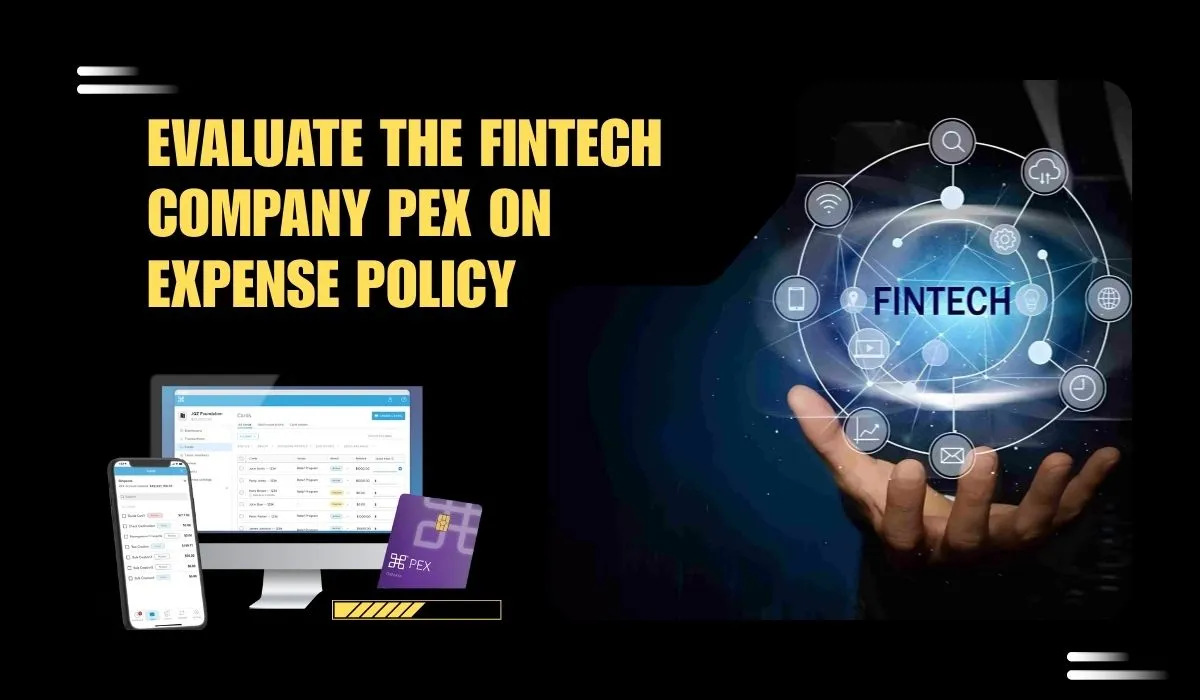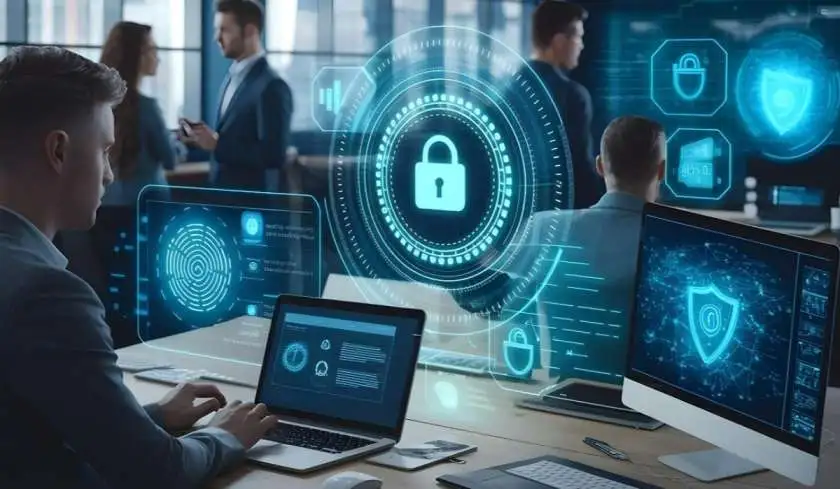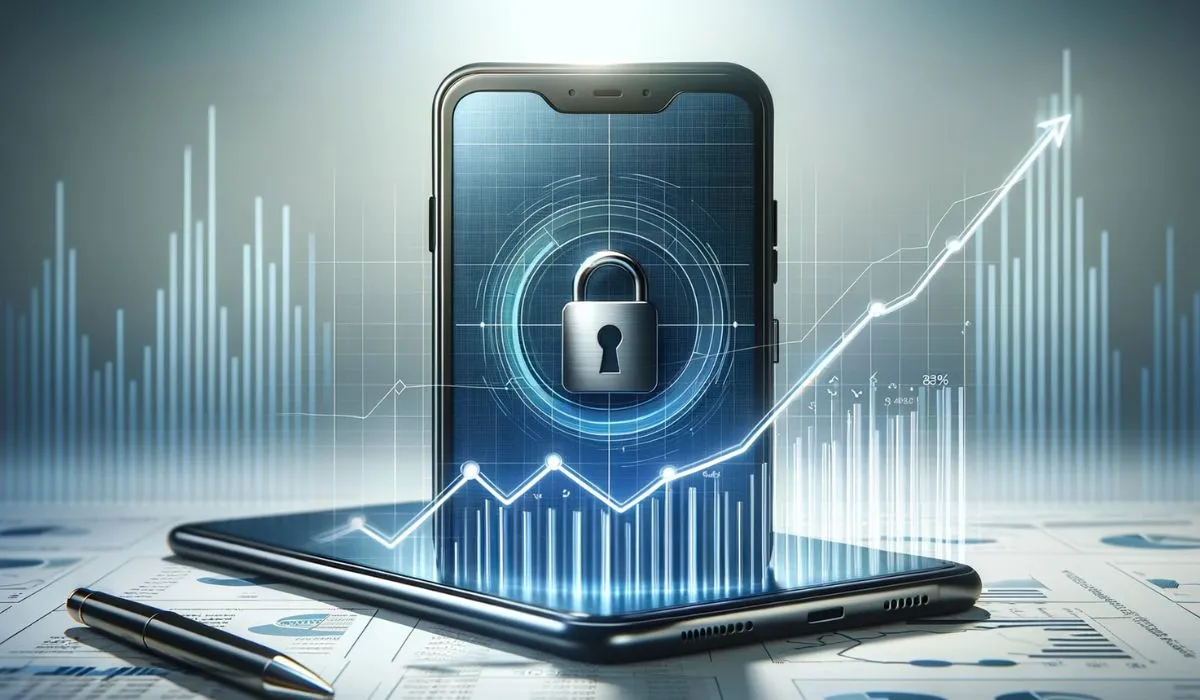Admittedly, we are leading our lives online. We shop, bank, meet friends and exchange memories on the internet. Our computers and phones contain the most confidential data. However, as we all lock our doors at night, we must lock our online lives as well.
You may believe that you are too insignificant to be hacked and cyber attacks are what happens to big corporations. The fact is that a target of the Internet is everyone. Hackers do not give a dime whether you are a student, a grandparent or a CEO. They simply desire to have access to your information and accounts.
The good news? There is no need to be a technical genius to be safe over the internet. It is possible to create a formidable information fortress with your information using some easy to follow habits. This guide will help you through the process of Cybersecurity Best Practices for Individuals in easy steps one can easily follow.
Learning the Fundamentals: What Are we defending against?
We shall discuss solutions before we immersify ourselves in the problems. There are some unscrupulous personalities in the digital world but they are not that bad when you are aware of their tricks.
Examples of common cyber threats are:
- Malware: It is a harmful computer code, which may damage your computers. It has viruses that can destroy your files and ransomware that holds your computer until you pay some money.
- Phishing: These are spammy messages, which attempt to attempt to deceive you into giving out passwords or personal data. They may appear to be of your bank or an excellent site.
- Identity theft: This occurs when an individual attempts to steal your personal details so that s/he can use it to be you. They may use your name to open credit cards or purchase in your name.
- Cyber attacks: This happens when an attacker hacks into the company databases and causes data leaks of users such as emails and passwords.
There you have the way we are going to fight! Now you know what we have to fight!
You may also read :- Top Cybersecurity Threats for Mobile and Web Applications
Creating Strong Passwords: Your First Line of Defense
Cybersecurity Best Practices for Individuals: Password Edition
Your online house is the key to your password. You would not use a weak lock in your front door and why use a weak password on the internet?
A strong password should be:
- Minimum 12 characters and preferably more.
- A combination of capital and lower case letters, digits and characters.
- Not on some personal stuff like your name, birthday, or the name of your pet.
- The special per account - no recycling!
By using the same password on several websites, a single breach of data can become personal information on all your accounts. Imagine the same key as your house, car and office - when someone copies the key, he can get anywhere!
Multi-Factor Authentication: The Super Lock on Your Online Doors
Linear: What is Multi-Factor Authentication?
The most powerful password may be stolen. That is why you should have a backup lock that is where the multi-factor authentication (MFA) comes in.
MFA is that which provides an additional step to your log in process. Once you enter your password you will be required to give more evidence of who you are such as:
- Text message on your mobile phone.
- An authentication application number.
- Your biometrics or fingerprint.
This implies that in case a hacker takes your password he or she cannot gain access to your account unless he or she has the second key.
Installing MFA on Your Accounts.
MFA is one that you may have in place without knowing. This additional protection is now available by many email providers, social media websites, and banks.
To enable MFA:
- Find the options of Security in your account settings.
- Search two-factor authentication or 2FA.
- Complete setup instructions - typically, with your phone number or an authenticator application.
Admittedly, you have to dedicate an additional 30 seconds to login, but it will increase the probability of your account being hacked by 99.9 percent. That's a pretty good trade-off.
Maintenance of Software: Sealing the Holes
Why Updates Matter So Much
Any such update alerts that appear in the most inappropriate moments? They are more than you would imagine!
Security holes in software programs are continually discovered and resolved by the software companies. You are fixing such holes to ensure that hackers do not get in when you install updates. It is comparable to correcting the window before a burglar would be able to break through.
Targeting old software is the favorite of hackers since they are aware of the vulnerability and how to exploit them. You are shutting those virtual windows and doors by maintaining a current software.
Making Updates Easy
Updates are the most appropriate to use automatic updates wherever possible. This manner you will be able to have protection without necessarily remembering to install the patches manually.
You should regularly update:
- Your operating system phone and computer.
- Browsers such as Chrome, Firefox or Safari.
- Mobile and computer applications.
- Your router's firmware
- Browser extensions, such as Flash or Java.
Reserve some time at the end of each month in order to do any pending checkups. You can refer to it as your online housekeeping day!
Safe Cooking: The Art of Surfing the Internet Without Going Phishing
Thinking Before You Click
The internet is the big city - it is fairly safe, although there are some areas that you should not enter. It is possible to develop good browsing habits that can keep you within the safe areas.
Safe browsing tips:
- Bookmarks should be used on significant websites such as your bank or email to prevent mistyping of sites.
- When typing sensitive information, look to the address bar of your browser and look after the lock icon and HTTPS.
- Do not download programs offered by suspicious sites or as a result of a pop-up advertisement.
- Install an advertisement blocker to suppress evil advertisements.
- Seal up old accounts that you do not use anymore to decrease your online presence.
The question you should ask yourself when you are not sure about a site would be: does this site seem like it was done professionally? Is contact information available? Does the URL look right? When in doubt, close it out!
The Strength of the Antivirus and Anti-Malware Software
Even very attentive clickers may fall into malware. That is why such software as antivirus is so necessary - this is a kind of immune system of computers.
Good security software can:
- Identify viruses and malware and eliminate them.
- Block unsafe sites before they are loaded.
- Download scans of concealed attacks.
- Secure real-time protection when surfing.
You do not have to spend much perhaps there are great free ones. You just need to ensure that it is updated so as to ensure maximum protection.
Wireless Networks: Securing Your Home Network
WiFi Security Basics
Your domestic WiFi network is the main entry point to all the devices connected to it. In case it is not safe, all the things related to it might be at risk.
Basic precautions in order to protect your home network:
- You should change the default password of your router - it is important!
- Apply WPA3 encryption provided it is supported by your router.
- Generate a solid WiFi password which is not the same as the router login.
- Rename your network (SSID) to one that does not identify you.
- Install a guest network in which guests can access the network.
- switch off remote management unless you are certain you need it.
These settings may be assisted by your internet service provider should you not feel comfortable modifying these settings.
Smart Device Security
Our homes are becoming full of smart devices and that includes thermostats, voice assistants, and many others. All these are other possible entry points of hackers.
To secure your smart devices:
- Immediately change default passwords.
- You should update their software just as you update your computer.
- Turn off the features that you do not need.
- The security of research devices prior to purchase.
- Think to place smart devices on a different network.
Note: anything that is connected to the internet must be secured!
Social Media Security: Sharing without Oversharing
Changing Your Privacy Preferences
The social media is superb in keeping in touch, however, it can also share too much with the wrong individuals. It can be a big difference to take some minutes and review your privacy settings.
Key privacy adjustments:
- Make your profiles private and only allow those people to view your content with whom you are friends.
- Look into what is visible to your profile.
- Control the people that can tag you in posts or photos.
- Be cautious when it comes to sharing your location particularly in real-time.
- Consider twice before engaging in those fun questionnaires which require personal details.
- They are not all settings, and you must review them every time you are on the various platforms.
Conscientious Sharing
It is not only that oversharing on social media jeopardizes your privacy; it can also assist fraudsters in responding to your security inquiries, or even steal you.
Think before you post:
- It is always better to share vacation photos back at home.
- The information about you such as your date of birth, address, even the name of your pet can be turned against you.
- People may also have more complaints on your job than you would think.
- Sensitive information can be displayed in pictures of documents, tickets, or IDs.
One of the rules: would you not just leave it on the street to a stranger? So do not leave it on the Internet!
Summary: Your Cybersecurity Starts Here.
Together we have learned so much in this discussion on Cybersecurity Best Practices for Individuals. You now know how to make your digital security much safer: with passwords, phishing, backups, and browsing.
Note: you do not have to go and do everything at once. Begin with a one or two changes per week - such as installing a password manager or using multi-factor authentication on your email. Add a practice on another day. Minor, persevering measures are sustained.
The most important takeaway? You can save yourself on the internet. The virtual world does not have to frighten you - you only have to know and be ready.



